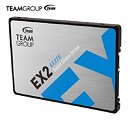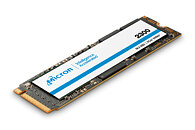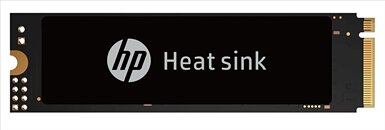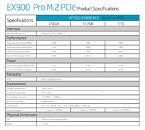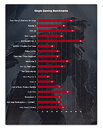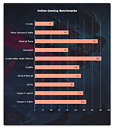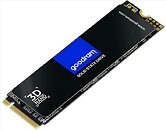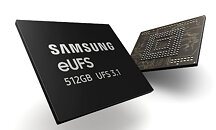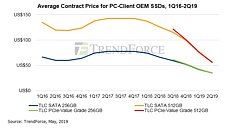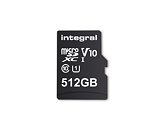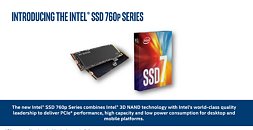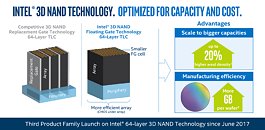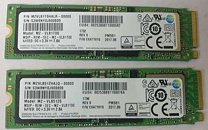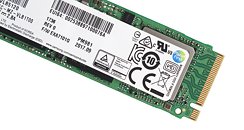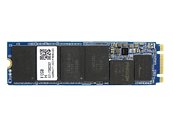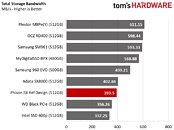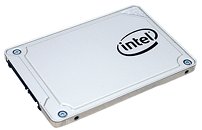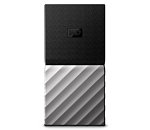
TEAMGROUP Releases EX Series 2.5" SATA SSD
The TEAMGROUP EX Series 2.5" Solid State Drive is a must-have upgrade for top of the line PCs. The powerful sequential transfer speed of reading up to 550 MB/s and writing to 520 MB/s, even small and fragmented files can be operated with high efficiency. It also features the SLC Caching technology to avoid degradation of transfer performance effectively. Besides, the advanced Wear-Leveling technology and ECC function ensure the reliability of the EX Series, making it a must-have upgrade for the performance of your PC.
The TEAMGROUP EX2 SSD is available in 512 GB and 1 TB capacities which have a suggested MSRP of 56.99 USD and 99.99 USD respectively. The drives come with a 3-year warranty and are rated for 120 TBW on the 512 GB and 240 TBW on the 1 TB model.
The TEAMGROUP EX2 SSD is available in 512 GB and 1 TB capacities which have a suggested MSRP of 56.99 USD and 99.99 USD respectively. The drives come with a 3-year warranty and are rated for 120 TBW on the 512 GB and 240 TBW on the 1 TB model.
